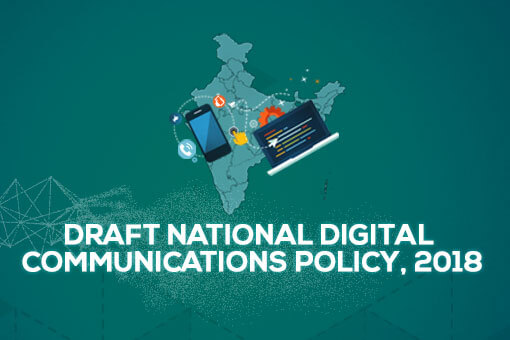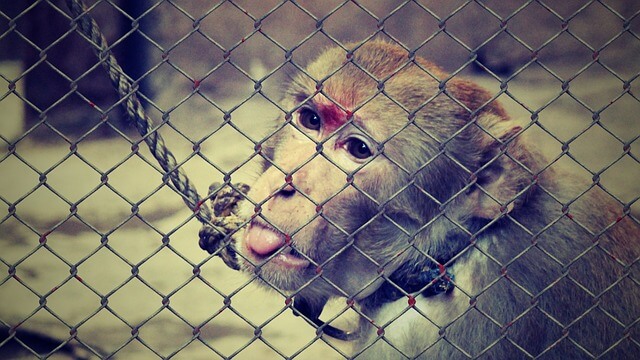This Blog is written by Yash Yadav from Alliance University, Bengaluru. Edited by Prakriti Dadsena.
The concern is all about the Rules that allow governments of a country for having access to citizens’ personal data still undermines the overall privacy protections that some countries offer to their citizens residing in that particular country.
This Blog is written by Ashutosh Rajput from Hidayatullah National Law University, Raipur. Edited by Harsh Sonbhadra.
The term casino is derived from an Italian term ‘casa’ which means a house or a club; therefore, a casino is a set or a house where several types of activities set forth. As per Merriam Webster ‘casino’ means “a building or room used for social amusements”.
This Blog is written by Rohan Singh from University of Petroleum and Energy Studies, Dehradun. Edited by Ritika Sharma.
Among the 78 retentionist countries, India is one of them who is retaining the death penalty as a punishment on grounds that is going to be awarded in ‘rarest of rare cases’ or for any other ‘special reasons.
This Blog is written by Vartika Saxena from Symbiosis Law School, Noida. Edited by Ritika Sharma.
In Forensics, DNA analysis continues to have a tremendous impact on the criminal justice system. The positive side of this revolution is that it offers enhanced opportunities to convict the guilty and exonerate the innocent.
This Blog is written by Priyank Sudhir Shah from Gujarat Law Society Law College. Edited by Prakriti Dadsena.
The purpose of this Bill is to provide for protection of privacy of individuals relating to their Personal Data and to establish a Data Protection Authority of India for the said purposes and the matters concerning the personal data of an individual.
This Blog is written by Rashi Aggarwal from Delhi Metropolitan Education, Noida. Edited by Ritika Sharma.
The apex bank of India which is also known as Reserve Bank of India and all the other banks are governed under this bank. RBI is the main body of all the banks that regulate monetary policies of the economy. It serves as the leader for the banking system and money market in India.
This Blog is written by Paryas Khosla from Vivekananda Institute of Professional Studies (VIPS), Delhi. Edited by Prakriti Dadsena.
We all know that, during our adhaar card application, we all submitted our information, including biometric information, ever since people also heard about the link between the adhaar card and our bank account.
This Blog is written by Ujjawal Vaibhav Agrahari from National Law University, Odisha. Edited by Anumeha Jain.
It is an important yet contentious reason for the prohibition of marijuana which has had a strong effect on India’s policy. Found in cannabis THC (delta-9-tetrahydrocannabinol), marijuana’s principal active chemical. It contains 400 additional chemicals, too.
This Blog is written by Asmita Arora from Guru Nanak Dev University, Amritsar. Edited by Debargha Mukherjee.
Initially, India had Monopolistic and Restrictive Trade Practices Act of 1969, was enacted to prevent the concentration of economic power to common detriment, control of monopolies, and prohibition of monopolistic and restrictive trade practices.
This Blog is written by Anamika Singh from KIIT School of Law, Odisha. Edited by Prakriti Dadsena.
The expanding role of the modern welfare state needs a good system of governance which enables the governments to ascertain certain facts from situations that develop, thus the government requires full and first-hand information.
This Blog is written by Sarthak Verma from Symbiosis Law School, Noida. Edited by Anumeha Jain.
Banking Sector in India is by far one of the most dynamic sectors with regular changes and innovations taking place. Being so dynamic yet so stable is a characteristic feature of or banking sector that makes it a prominent one.
This Blog is written by Romil Shrivastava from Symbiosis Law School, Noida. Edited by Ravikiran Shukre.
The territory of Jammu and Kashmir has witnessed multiple terrible and unfortunate incidents over the years. From the exodus of Kashmiri Hindus in 1990 to the terrorist attack in Pulwama in 2019. However, the latest reason for its discussion on prime time has been the revocation of the special status of Jammu and Kashmir.
This Blog is written by Anshuman Bisarya from SVKM’S NMIMS School Of Law, Indore. Edited by Naina Agarwal.
In England, during the period/system of Lord Henry VIII (1509-1547), a few laws were passed empowering the official to change the Parent Act. This sort of designated enactment is widely referred to or nicknamed as Henry VIII Clause kind of appointed enactment
This Blog is written by Bhumi Sharma from Amity Law School, Madhya Pradesh. Edited by Debargha Mukherjee.
The Constitution (Amendment) Bill, 2020 as introduced in Rajya Sabha on February 7, 2020 is a bill to further amend the Constitution of India. The fact that the population of India has already crossed over 125 crores is really frightening.
This Blog is written by Jissy Rajish from NUALS, Kochi. Edited by Anumeha Jain.
The sole interest of the common public represented with the succor of the Anti-corruption Movement led by Anna Hazare has shed light into the Right of Citizens for Time-Bound Delivery of Goods and Services and Redressal of Grievance Bill, 2011 or otherwise known as the Citizen’s Charter and Grievance Redressal Bill, 2011.
This Blog is written by Aliza Abdin from Integral University, Lucknow. Edited by Naina Agarwal.
The ongoing legitimate struggle in the Supreme Court of India between the Union Government and human rights activists over the previous’ declaration to deport 40,000 Rohingya Muslim refugees back to Myanmar has brought to the front the glaring nonappearance of a standard lawful system to manage refugees in our nation.
This Blog is written by Neyan Madhavan from Symbiosis Law School, Noida. Edited by Ravikiran Shukre.
An International Payment is one, where at least two of the major players in the payment transaction are in different countries. In basic words, International Payment means the sender and the receiver of a specific amount of cash are situated in two different countries.
This Blog is written by Ayush Meena from NMIMS, Indore. Edited by Naina Agarwal.
There was a need to allow non-bank entities for setting up of WLAs because the banks weren’t able to reach with their ATM facilities in every place and to ensure more geographical reach, non-bank entities were allowed by RBI to set up white label ATMs keeping the population of the country in mind.
This Blog is written by Aastha Sarda from ILS Law College, Pune. Edited by Debargha Mukherjee.
With the intention to give the Central Government power to establish telegraph lines on private as well as public property, The Indian Telegraph Act was passed in the year 1883. During this period, India was still under the rule of the Britishers.
This Blog is written by Yashendra from National Law University, Delhi. Edited by Saradarasagnya Oleti.
Since 2016 India has witnessed a new revolution in the field of entertainment arena. The movie screening and shows have gotten relaunched in the online market. The Internet has espoused a new way of watching tv shows and films. This new revolution could be attributed to the advent of some global players like Netflix, Amazon prime video in India.
This Blog is written by Muskan Agarwal from Galgotias University, Uttar Pradesh. Edited by Ravikiran Shukre.
Stalked might get threats of his/her safety by mentioning that they could be harmed by the stalker or sometimes the harassment is with less threatening with unwanted contact. This could led to mental harassment of the person, leading to various health issues.
This Blog is written by Ruhani Garg from Institute Of Law, Nirma University, Gujarat. Edited by Saradarasagnya Oleti.
E-Commerce means buying and selling of goods and services by the digital or electronic network. The sector of e-commerce in India has been facing a significant growth fuelled by expansion in number of online users, the rising popularity of social media platforms and developing entrance of smartphones.
This Blog is written by Nikhil Mishra from Central University of South Bihar, Gaya. Edited by Ravikiran Shukre.
We are living in modern age, also known as the information age where most of things are based on technology. We are so busy in online things that we usually forget small things and issues that what contents on online platforms are illegal and even if we come to know, we overlook it.
This Blog is written by Shelal Lodhi Rajput from Symbiosis Law School, Pune. Edited by Saradarasagnya Oleti.
One of the greatest environmental, economic and social threat facing the planet today and is a burning topic at both International and national level, a prime aspect of global policy making today is to combat with the problem of climate change.
This Blog is written by Muskan Agarwal from Galgotias University, Uttar Pradesh. Edited by Ravikiran Shukre.
The Act came into enforcement in 1951 and was endorsed by the provisional parliament under Article 327 of Indian Constitution, before the first general elections. Part XV of the Indian Constitution talks about the election commission of India i.e. from Articles 324 to 329.
This Blog is written by Pranjali Pandya from DS-NLU. Edited by Saradarasagnya Oleti.
India is a linguistic treasure – trove. India is widely known for its extraordinary linguistic and cultural diversity within the world. The country has around 19,500 languages and dialects. Apart from which 121 languages which are spoken by 10,000 or more people across the country.
This Blog is written by Debargha Mukherjee from Indian Law Society’s Law College, Pune. Edited by Maulika Awasthi.
In Prime Minister’s election campaign back in 2014, Narendra Modi emphasized the need to protect the cow’s in India, which was followed by several State Governments opening cow shelters, directing greater police force, as a precaution to save the animal from acts like slaughtering.
This Blog is written by Medha Anand from Galgotias University, Uttar Pradesh. Edited by Maulika Awasthi.
Crimes in India are developing at alarming speed the crimes against women are Rape, Domestic Violence, Molestation, and Sexual Harassment, etc. Out of these activities, Acid Attack is one of the atrocities against women which is growing rapidly.
This Blog is written by Navneet Bhardwaj from Starex University, Haryana. Edited by Saradarasagnya Oleti.
Marriage and family are ancient institutions and around them have grown up deep and powerful sentiments and traditions. Family is an institution which forms the basis of every other institution on the face of the earth. This important institution is formed on another institution namely marriage.
This Blog is written by Srishti Tiwari from University School of Law and Legal Studies, GGSIU, Delhi. Edited by Priyanjali Priyadarshini.
As today’s technological world has entered the age of technological advances in the telecom sector such as 5G, Internet of Things (IoT), and connectivity from Machine to Machine (M2M), etc. There was therefore a need for ‘I for India’ to implement a customer-focused and application-driven strategy for the Indian Telecom Sector.
This Blog is written by Jatin Pandey from Kirit P. Mehta School of Law, NMIMS Indore. Edited by Ujjawal Vaibhav Agrahari.
The term cyber space is gaining immense significance in the present age of globalization and information technology and is in the hands of all, from young to old. The term cyber space is gaining immense significance in the present age of globalization and information technology and is in the hands of all, from young to old.
This Blog is written by Souravi Das from Symbiosis Law School, Noida. Edited by Swati Pragyan.
Online Dispute Resolution (ODR) refers to the process of settling disputes between parties through an online medium. It is synonymous to Alternate Dispute Resolution (ADR) or Internet Dispute Resolution (IDR). In an online dispute resolution, the processes of the alternate dispute resolution are applied to settle the conflict between the disputed parties.
This Blog is written by Jay Gajbhiye from National Law University, Odisha. Edited by Ujjawal Vaibhav Agrahari.
Marital and family relationships are still neither simple nor secured for a large number of adults and young people. According to recent research, of 13.8 million children in the US, 25 percent of those under eighteen years of age live with only one parent and 5 million children in two folk homes live with a biological parent and step-parent, with 0.5 percent of the marriages ending up in divorce.
This Blog is written by Sanjana Dwivedi from University of Petroleum and Energy Studies, Dehradun. Edited by Yash Jain.
This article will talk about the questions which generally rise in everyone’s mind which someone talks about diplomatic immunity. This article will further discuss whether diplomatic immunity is needed, whether it lead to abusive powers, whether too much privilege is being provided to the diplomats.
This Blog is written by Lakshay Jain from Jagan Institute of Management Studies (JIMS), Rohini. Edited by Lisa Coutinho.
Relationship is a very precious and sacred thing considered among Indians. These relations are either live-in or marital relations. The “married relations” are considered to be the most sacred relation in India and “live-in-relations” are not given that much priority and there is no law tying them together and consequently, either of the partners can walk out of the relationship, as and when, they will to do so.
This Blog is written by Harsh Sonbhadra from Vivekananda Institute of Professional Studies (VIPS), Delhi. Edited by Lisa Coutinho.
India, being a democratic nation, is yet a developing country. At the same time, the crime rates in India are increasing at a higher pace. There are lots of legislation in India to stop and control crimes, but the crime rates are increasing as the prescribed punishments are just not sufficient.
This Blog is written by Palak Sinha from Symbiosis Law School, Noida. Edited by Viral Agarwal.
Jurisdiction refers to the power or the authority given to the State, to deal with legal matters and circumstances within its territory. It is the right to enforce laws through the legislative, judiciary, or executive actions.
This Blog is written by Utkarsha Singh from University of Petroleum and Energy Studies, Dehradun. Edited by Uroosa Naireen.
We live in a world that not only turns a blind eye to animal cruelty, but condones it, either through indifference or by legislation. It is legal to raise chickens in deplorable conditions for the sole purpose of slaughter. If this is not animal cruelty, then what is? The problem is that there are not enough people fighting for animal rights.
This Blog is written by Oshin Gupta from CPJ College of Higher Studies & School of Law, Delhi. Edited by Prakriti Dadsena.
Mother, as well as a father, plays a vital role in their child’s birth, no one can decide who is more important in the upbringing of the child. The misconception is that only mothers have the responsibility of a child. Most of the countries have the provisions of maternity for mothers leave but only some recognize paternity leave for fathers.
This Blog is written by Simran Sahoo from KIIT School of Law, Odisha. Edited by Anshika Porwal.
The scrapping of Article 370 and 35A of the Indian Constitution grants special status to the state of Jammu & Kashmir in the Union of India with a decision to turn Jammu and Kashmir into a Union Territory with a legislature, similar to Delhi and Pondicherry, and the Ladakh division would be made a separate Union Territory without the legislature, akin to Chandigarh and most other Union Territories.






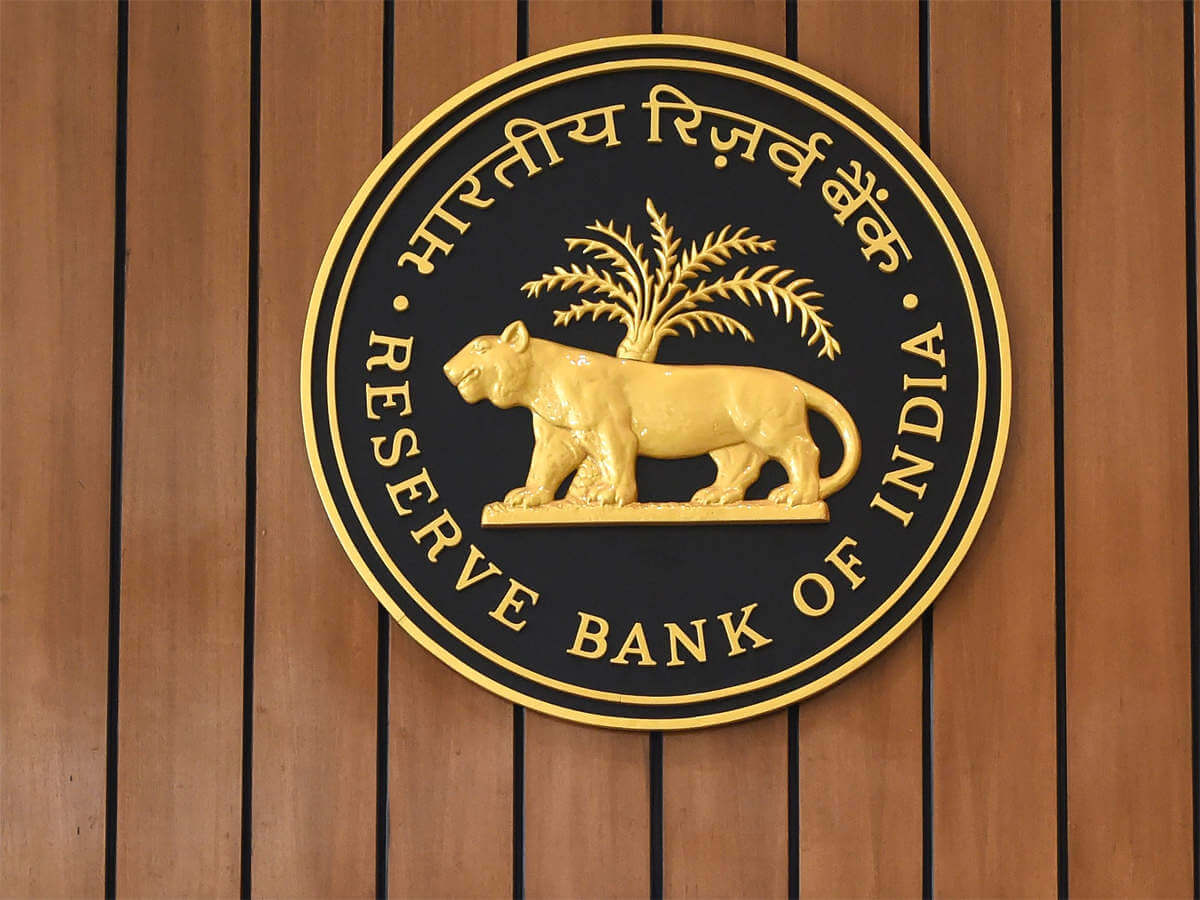




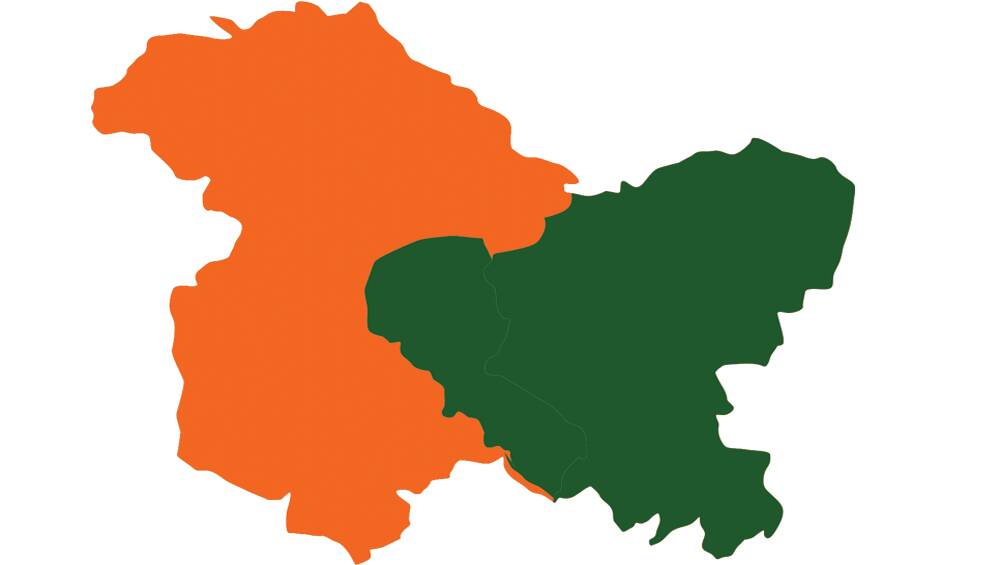



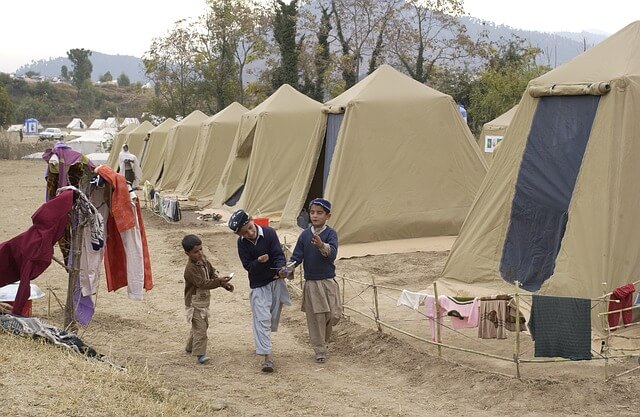

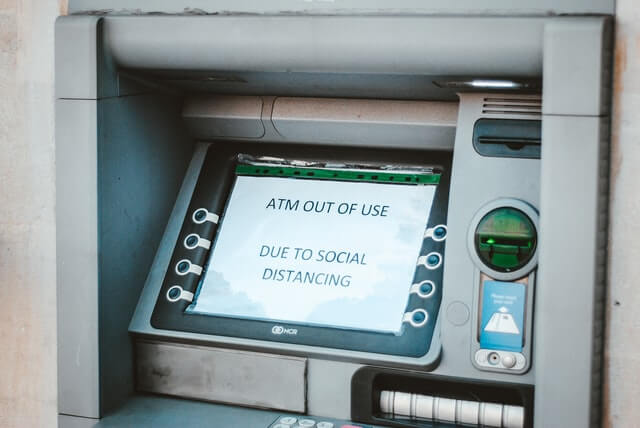








![animal cow horns livestock 1000037 1 INTRODUCTION Cow Vigilantism is the use of physical force to shield cows, which are considered to be sacred in the Hindu Tradition against their slaughtering or other activities which posed risks to their lives. In Prime Minister’s election campaign back in 2014, Narendra Modi emphasized the need to protect the cow’s in India, which was followed by several State Governments opening cow shelters, directing greater police force, as a precaution to save the animal from acts like slaughtering. Despite these efforts, few people took the animal’s protection in their own hands, and began torturing and killing people, inflicting great violence against those whose notions were against such people. Subsequently, cow vigilantes began traversing and touring neighbourhoods, looking to physically punish those who were allegedly consuming, harbouring or transporting the animal. BACKGROUND The movement to protect the cow originated through the Arya Samaj, which was a Hindu reform movement founded by Dayananda Saraswati. In 1881, he started to call for the protection of the cow, publishing a paper that opposed the slaughter of the cow as an anti-Hindu act. Newspapers and magazines helped circulate the message, as did the saints who took it from region to region. Individuals were asked to contribute even as little as a handful of rice so that cow shelters could be set up. In that way, the common individual came to be part of the movement. In 1882, the movement received further impetus when Saraswati founded a committee for the protection of cows. Even the orthodox Hindus, whose practice he had opposed, joined in. This was the start of a new language of Hindu nationalism. The movement received a further boost in 1888, when a court in colonial India ruled that a cow was not a sacred “object” as defined in the Indian law. It marked that Muslims when slaughtered cows were not being disrespectful toward Hindu religious sentiments. Riots broke out over the issue and spread across parts of British India. Evidence from great scholars makes it clear that people from all class and castes had an active involvement in riots. Bands of people roamed around the country seizing cows from butchers and herders. Chain letters were circulated to mobilize support. The seriousness of the violence made the British lieutenant-governor of the northern state of Punjab comment in 1894: “The cow-killing question is the question of all others, which at least for the last 20 years, has been regarded by us all as the gravest danger that threatens us in India” . Despite all of all, the activities of people in colonised India rarely led to hateful killings as witnessed in contemporary India in past few years. Modern Day Scenario Cow vigilantism has grown stronger than ever, which could be seen in several instances which have paved their way amongst common masses, such as murder of Mohammad Akhlaq in September 2015 who was killed merely on the suspicions of consuming beef , 15-year-old was also attacked for the same reason. 2017 saw the biggest wave of such gruesome activities where the numbers reached its peak; there were dozens of brutal killings by vigilante groups, who also uploaded videos of their atrocious and monstrous crimes on several social media handles. The powerful symbol of the cow has become an amalgamating force against an apparent common adversary. The representation can rapidly appeal feelings of fortification in the form of a mother who offers food, as well as abhorrence against those perceived to be committers of violence against it. In the hands of Hindu nationalists, it can be used as a potent symbol of threat to a Hindu nation from outsiders. This symbol can be used as an easy reminder of the oppression of colonialism and to fan deep-rooted biases with long and complex histories. IMPACT As mentioned earlier, history portrays a similar symbolic language of sacred cows were used in the early part of nationalist movement to galvanize the large population of Hindus across all caste, class, and regional provinces in the British acquired India. It helped develop a common Hindu identity against colonial rule, thus increasing the pace to achieve independence of the nation. However, in modern times, the symbol has been seen to be used to unite Hindus across varying identities, the sole difference being it is the ruling party members, spreading hatred against the Muslims of India, viewing them as outsiders, possessing threats. The Nation’s rural economy has been crippled by the vigilante violence, affecting people of all class and caste. India being one of the largest meat export industry in the world has been significantly hit by such acts of people who contemplate violence is the solution to the existing problem. A sense of fear has been developed in the minds of farmers, who tend to go to cattle markets, travel to sell spent buffalo dairy. Farmers normally sold unproductive livestock to slaughterhouses, but in today’s time, simply let the animal roam free who in turn damage and cause havoc in the cropping fields of farmers, thus damaging the crops. Such activities have also affected cattle trade and leather export industries which have a direct link to farming and dairy sectors. The derisory and unsatisfactory response from the Centre or State authorities to such rampant attacks have hurt the sentiments of communities including Hindus, whose livelihoods are linked to livestock, farmers, cattle transporters etc. STATUTORY PROVISIONS Responding to the brutality of the killings in the name of cow protection, a concerned Supreme Court asked India’s Parliament in July 2018 to enact a separate law to punish the offenders. In February 2019, the government announced a national commission for cow protection. Public outrage provoked by such horrific incidents has directed States to provide some guidelines regarding the issue. Most states have failed to act on this regard but some have imposed partial or complete legal prohibition on cow slaughtering. The severity of such prohibitions is however, a question to scrutinize. It can be noticed that many steps have arbitrarily broadened the scope of prohibition to criminalise other acts like transportation of cattle, sale of beef etc. in addition to banning slaughter. Sale, transportation or possession of beef and even abetment and attempt to commit the offence carries a minimum rigorous imprisonment of one year and up to a maximum of ten years in Jharkhand. Similarly, in Rajasthan, the punishment tenure exists up to five years. transportation or sale of beef/cattle carries a rigorous punishment of up to seven years and merely attempting to commit the offence can entail up to three and a half years in prison in Uttar Pradesh, a minimum of three and a maximum of seven years of rigorous imprisonment in Uttarakhand, up to three years of imprisonment is imposed for sale, transportation and even possession of beef in Gujarat. Up to three years of imprisonment is imposed for sale, transportation and even possession of beef in Haryana, two years of imprisonment for possession of beef in Punjab and Goa, and the offense is punishable up to one-year imprisonment in Maharashtra, Delhi and Madhya Pradesh. Moreover, in many states the presumption is of guilt where the onus of proving innocence is on the accused and the offence has been made non-bailable. CASE LAW(S) It was also marked by the Hon’ble Supreme Court in a PIL filed by Tehseen Poonawlla that the acts of lynching where private citizens take the law in their hands is wholly illegal and cannot be condoned at any cost. Stressing more on the issue, the Hon’ble Supreme Court in Krishnamoorthy v. Sivakumar (2015) 3 SCC 467 marked that the law is the mightiest sovereign in a civilized society. In Tehseen S. Poonawalla v. Union of India, Civil Writ Petition No. 754 of 2016, the court treated law and order as an exclusive ‘state’ subject and did not put the onus on the Central Government to prevent acts of Cow vigilantism. The Court further issued certain preventive, punitive and remedial guidelines for combating mob lynching. It recommended the Parliament to draft an anti-lynching law whilst the Court continues to monitor the implementation of the same. ANALYSIS Those who are targeted in such hatred environment are the ones who are most vulnerable. If viewed about the cases of Cow Vigilantism, it can be observed that much of the violence has been committed against the lower strata of the society, the ones who are marginalised. On further study of the 15-year-old murder case back in 2017 as mentioned earlier, it was marked that the argument primarily started over a seat in the particular train . However, in an atmosphere and setting where hatred has generally been stimulated against the Muslim community, the tiff escalated to brutal mob violence, which ultimately ended by accusing the 15-year old was carrying beef. Cow vigilantism has often taken a religious turn as observed in the above instance. This religious hatred not only hurts the poor, but everyone in the society. Lives are interlinked through friendships, common culture, and religious fronts. Police officers have seldom risked their lives to protect people from another community from the anger of such mobs. That being said, this widespread hatred from the masses in order to safeguard their holy animal has been doing greater harm than good in recent times. CONCLUSION Hate crimes as a product of ideological dominance, intolerance and prejudice ought not be tolerated. Crime knows no religion, and neither the victim nor the perpetrator can be viewed through the lens of caste or class or race or religion. It is essential to build societies which embrace diversity in all spheres of lives. Mob lynching cum violence are creeping threats which may take the shape of a monster as evidenced in the wake of rising wave of incidents of recurring patterns by frenzied mobs across the nation instigated by intolerance and misinformed by circulation of fake stories and false news. The phase ‘unity in diversity’ has been stressed on several judgements laid down by the Hon’ble Supreme Court, like State of Karnataka v. Dr. Praveen Bhai Thogadia (2004) 4 SCC 684, Sri Adi Visheshwara of Kashi Vishwanath temple, Varanasi v. State of U.P (1997) 4 SCC 606, and St. Stephen’s College v. University of Delhi (1992) 1 SCC 558 to name a few. Such acts of Cow Vigilantism acts like a barrier in lives of people bringing detrimental effects and thus, people of the nation need to protect themselves and others, to live a harmonious lifestyle, without taking the law in their hands, and placing trust on State Machinery. REFERENCE [i] https://ksr.hkspublications.org/2019/05/03/cow-vigilantes-and-the-rise-of-hindu-nationalism/ [ii] https://www.dailyo.in/variety/jharkhand-lynching-cow-vigilantism-gau-rakshaks-hindutva-mohammad-akhlaq-pehlu-khan-beef-cow-slaughter/story/1/24878.html [iii] https://cjp.org.in/cow-slaughter-prevention-laws-in-india/ [iv] https://kafila.online/2017/06/27/why-two-hundred-ordinary-hindus-did-not-see-a-dead-muslim-child-on-a-railway-platform-in-north-india/](https://judicateme.com/wp-content/uploads/2020/07/animal-cow-horns-livestock-1000037-1.jpg)


